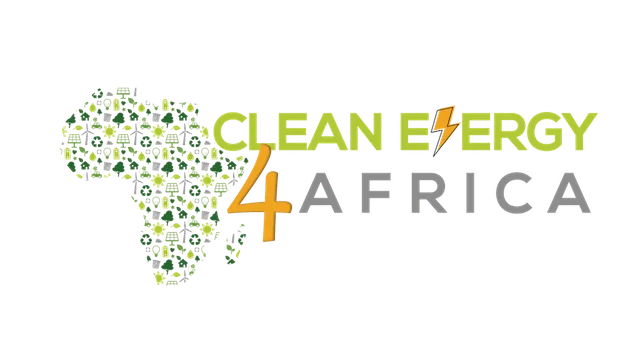
By:Lundi Ndudane, Senior Innovation and Insights Lead, South Africa
The move away from internal combustion engine vehicles to electrical vehicles (EVs) is a disruptive trend in the automotive industry worldwide, the United Kingdom, France, and China are among the countries that have announced their intention to curb fossil-fuel cars or entirely phase out internal combustion engines, and the number of electric vehicles on the road is projected to increase by more than 7,000% between 2017 and 2030. Still, this will be less than 15% of the nearly 2 billion vehicles expected to be in operation by then. Aviation and shipping are on track to account for nearly 40% of carbon dioxide emissions by 2050.
A report published by the Energy Transitions Commission outlined a plan to cut emissions with smarter logistics that improve efficiency by tempering demand for carbon-intensive transport. The high cost of energy storage in batteries is the main barrier preventing widespread adoption of intermittent renewable energy; a massive improvement in energy density is needed for lithium-ion batteries to compete with liquid fuels. Just as important as scaling-up battery technology will be the cleaning up of entire product chains, from working conditions in the mines that supply raw materials for batteries to the pollution associated with the improper disposal of batteries.
South Africa has responded to the example set by the international community’s response to climate change in particular in the road transportation sector which includes passenger and freight transportation. South African has found that the current technologies used in these sectors continue to exacerbate the climate change situation. This evidenced by the national and municipal authorities undertaking a number of initiatives to meet climate change related targets set. For example, Johannesburg South Africa’s biggest city and capital of Gauteng province began preparing for the initial phase of the Electric Vehicle Readiness Support Programme, which aims to advocate and pave the way for EVs including electric buses and e-taxis. The prime goal of this project is to capacitate the City of Johannesburg officials in a plight to get the city ready for EVs. EV-readiness requires the requisite understanding of the steps the city would need to walk in order to ensure it builds technical abilities to plan for the provision of infrastructure and fair tariffs.

On the 18th of May 2021 South Africa’s Department of Trade, Industry and Competition (DTIC) issued a Draft Green Paper on the ‘Advancement of New-Energy Vehicles in South Africa’. According to the Draft Green Paper new-energy vehicles (NEVs) include hybrids, battery electric vehicles (EVs) and fuel cell vehicles. This is a positive signal that the government will have the foresight to lay the correct regulatory framework to allow NEVs to prosper, noting that the road transport sector contributes 90% of all transport emissions, the support of EV will contribute towards a sizeable greenhouse gas emission reduction in the transport sector.
South Africa can ill-afford to miss the EV train as this evolution promises an upskilled booming market supported by local manufacturing which would go to address South Africa’s triple challenge of unemployment, inequality and poverty. Critics have long lamented South Africa’s sluggish policy response; it is a time for South Africa to prove them wrong.
References
- Energy Transitions Commission, 2020, Making Mission Possible: Delivering a Net-Zero Economy, View date: 10 May 2021 https://www.energy-transitions.org/wp-content/uploads/2020/09/Making-Mission-Possible-Full-Report.pdf
- Venter I, (2021). ‘Draft Green Paper on electric vehicle production out for public comment’. Creamers Media Engineering News. 29 May 2021. Available at: https://www.engineeringnews.co.za/article/dtic-publishes-draft-green-paper-on-electric-vehicle-production-2021-05-28. (Accessed: 29 May 2021)
- Department of Trade, Industry and Competition. (2021) On The Advancement of New-Energy Vehicles in South Africa.

